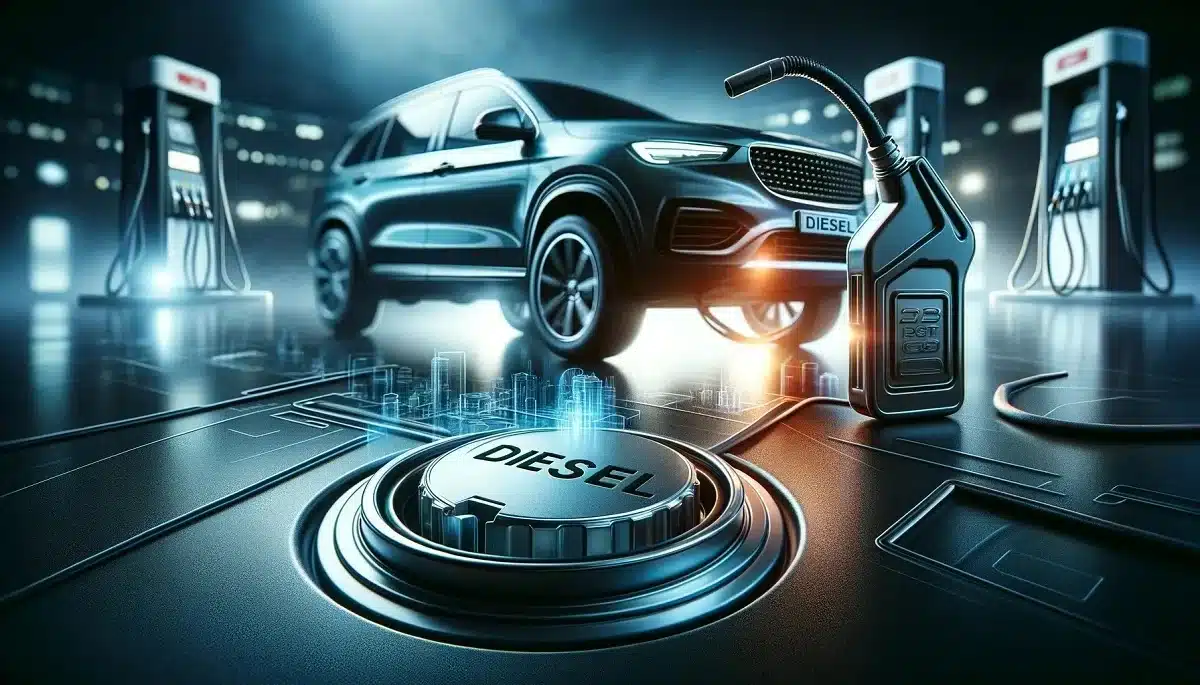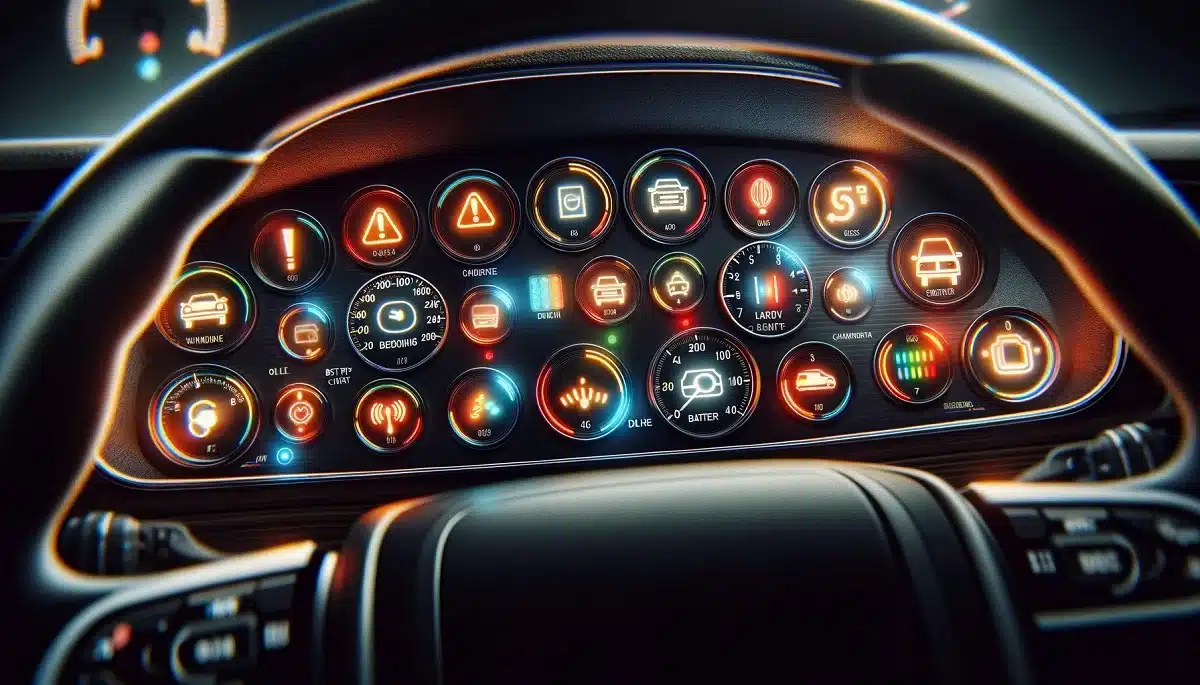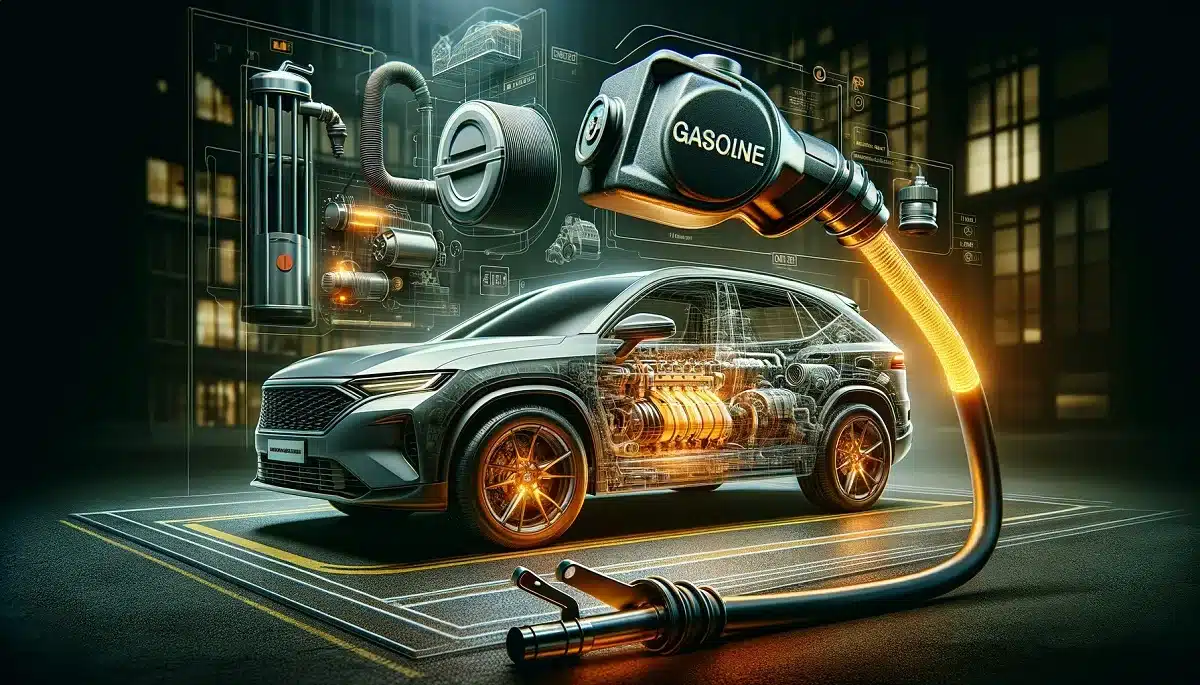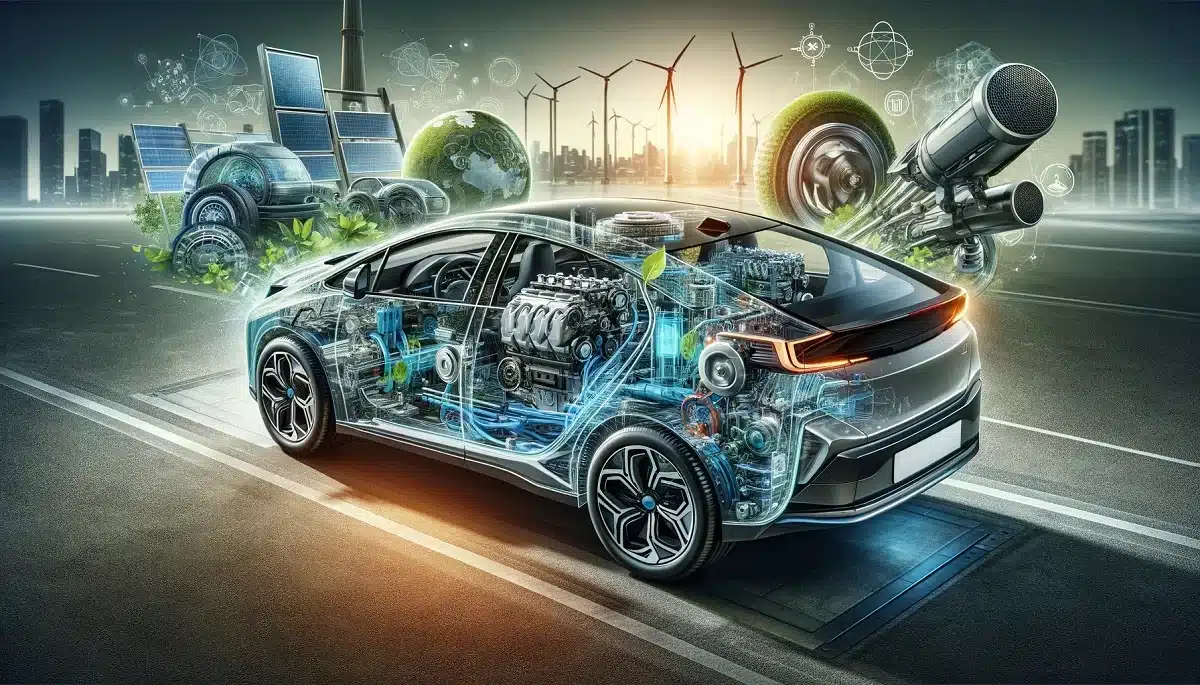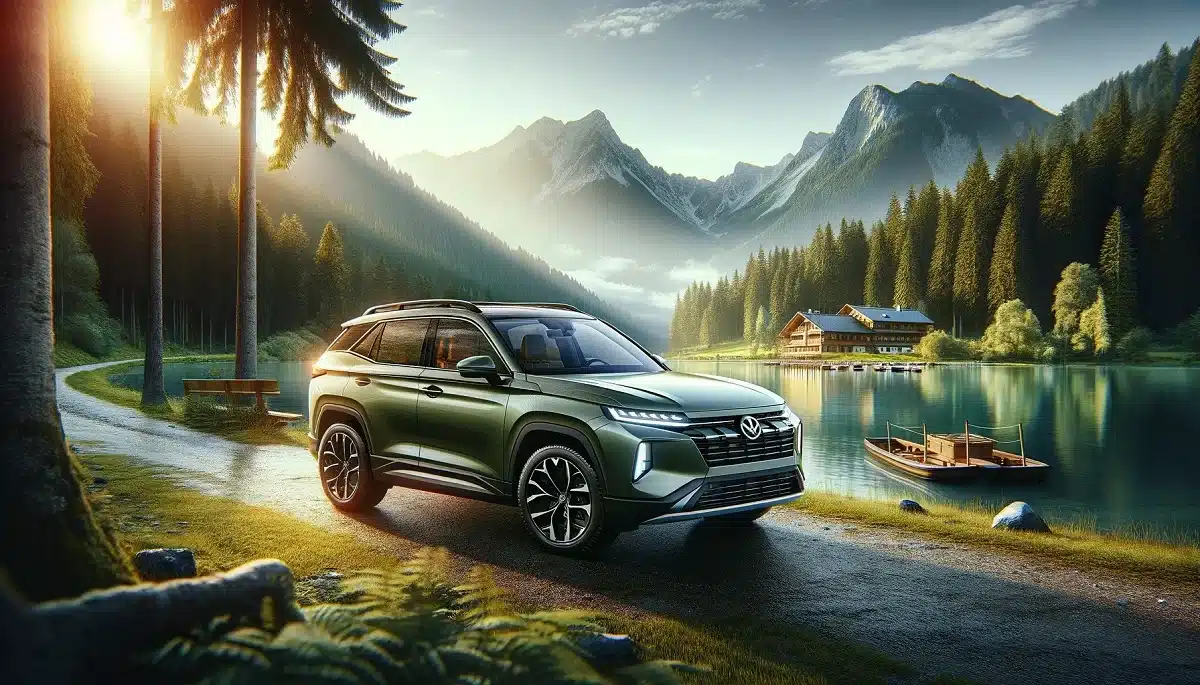For car owners and potential buyers, understanding the advantages and disadvantages of different vehicle fuel types is a crucial decision-making criterion. Presently, there are four main fuel types available: gasoline, diesel, electric, and LPG (Liquefied Petroleum Gas). Each fuel type offers distinct advantages tailored to users’ needs and environmental factors. In this article, we will explore the benefits and standout features of vehicle fuel types.
What Are the Fuel Types and Their Advantages?
Gasoline-Powered Cars
Advantages:
- Performance: Gasoline engines often respond quicker and provide higher performance, essential for acceleration and climbing abilities.
- Quiet Operation: Gasoline vehicles operate more quietly compared to diesel engines, enhancing the driving experience.
- Maintenance Ease: Gasoline cars generally require less maintenance than their diesel counterparts.
Disadvantages:
- Fuel Cost: Gasoline is usually more expensive than diesel fuel and may offer lower fuel efficiency.
- Environmental Impact: Gasoline engines can produce more CO2 emissions compared to diesel engines.
Diesel-Powered Cars
Advantages:
- Fuel Efficiency: Diesel engines operate more efficiently than gasoline engines, offering better mileage.
- Torque: Diesel vehicles produce high torque at low speeds, ideal for heavy loading and towing capabilities.
- Durability: Diesel engines can be more durable and long-lasting than gasoline engines.
Disadvantages:
- Noise and Vibration: Diesel engines generate more noise and vibration compared to gasoline engines.
- Cold Weather Starting: Diesel engines can be harder to start in cold weather compared to gasoline engines.
Electric Cars
Advantages:
- Eco-Friendly: Electric vehicles produce no exhaust emissions, making them a better option for the environment.
- Lower Operating Costs: Electricity is generally cheaper than gasoline or diesel, and electric cars require less maintenance.
- Quiet Operation: Electric vehicles offer an almost silent driving experience.
Disadvantages:
- Range: The driving range of electric vehicles can be limited, depending on the charge and technology used.
- Charging Infrastructure: The lack of sufficient charging stations can be a barrier, especially for long trips.
LPG-Powered Cars
Advantages:
- Fuel Cost: LPG is a cheaper fuel alternative than gasoline and diesel.
- Environmental Impact: LPG burns cleaner than gasoline and diesel, producing fewer harmful emissions.
Disadvantages:
- Fuel Storage: LPG tanks can take up extra space and may reduce cargo area in some cases.
- Fuel Availability: LPG may not be as widely available as gasoline and diesel, which can be a problem in some areas.
The advantages and disadvantages of each fuel type should be considered based on drivers’ needs and priorities. Those looking for an eco-friendly option might choose electric vehicles, while those seeking an economical choice for long journeys might prefer diesel vehicles. The key is to ensure your choice aligns with a compatible driving experience.
